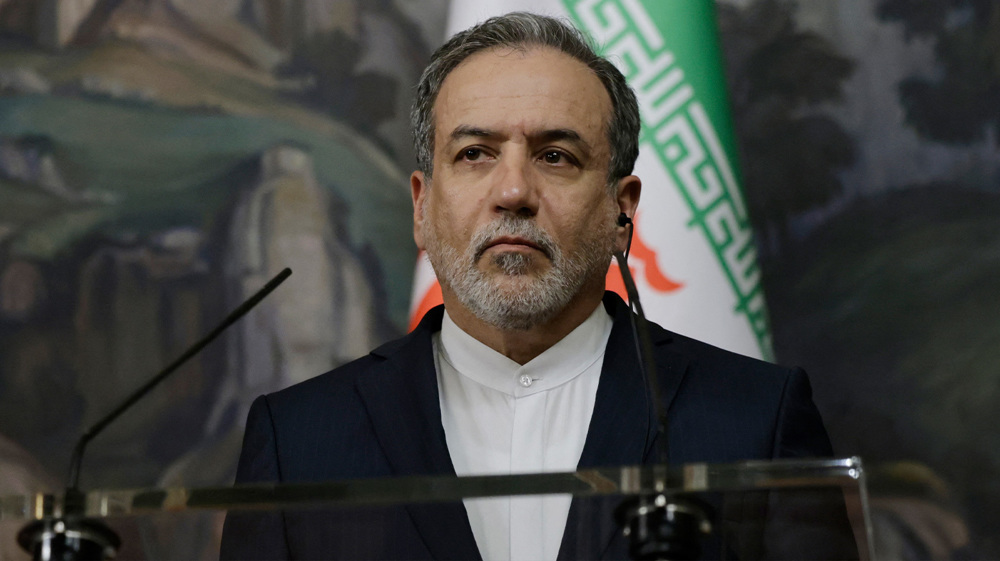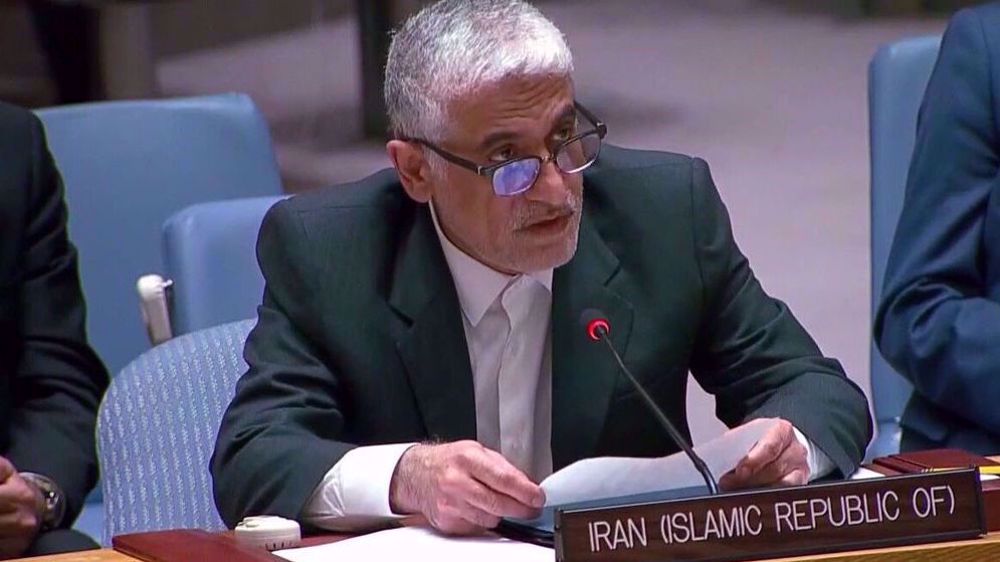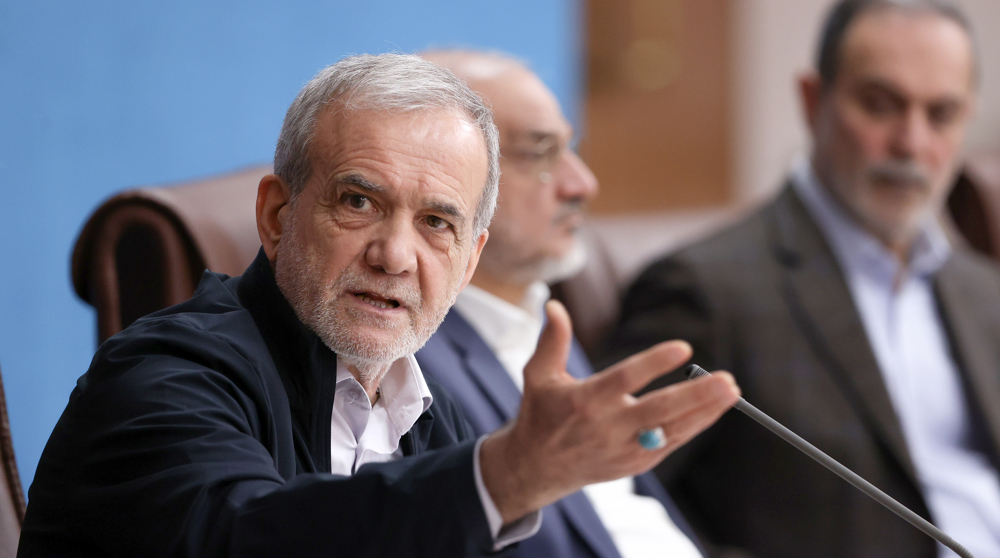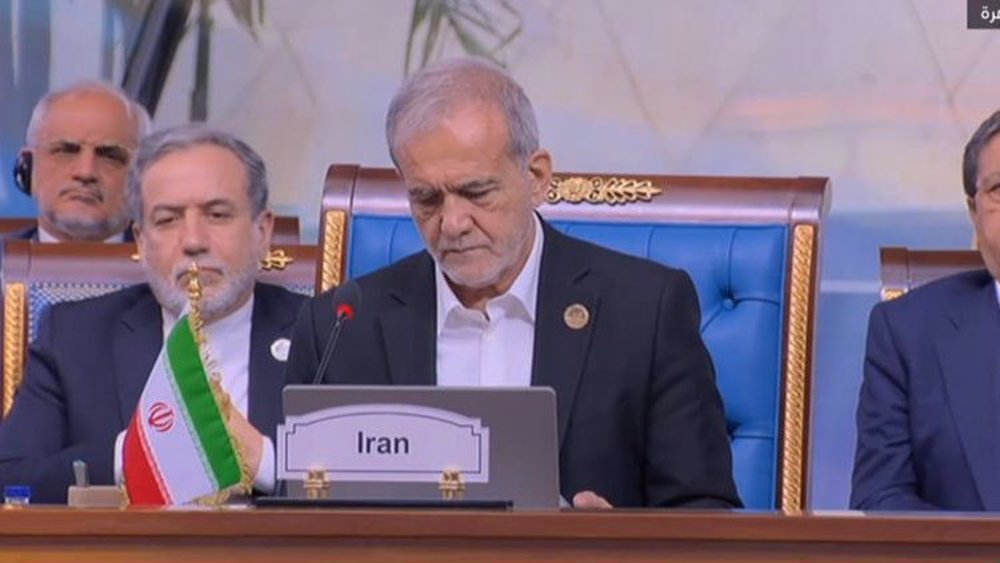Iran president calls for new bonds of friendship among D-8 nations
Iranian President Masoud Pezeshkian has called on the group of Developing Eight (D-8) countries to forge new bonds of friendship as the member nations gathered in Cairo for a summit.
“The importance of preserving friendships and forging new bonds through multilateral cooperation among Islamic countries, based on development and collective benefits, is now felt more than ever," he said in the Egyptian capital on Thursday.
"Moving toward multilateralism and establishing smart economic and trade networks among nations is a rightful course of action, reflecting the will of the majority of countries,” Pezeshkian added.
The president announced Iran's interest in sharing its experiences and achievements, adding the country will support any initiative or proposal that fosters synergy in economic fields and paves the way for the involvement of young people in development-oriented programs.
Pezeshkian also said that Iran is ready to undertake joint actions within the framework of the D-8 to collectively support young entrepreneurs.
He cited establishing a D-8 Joint Bank of Ideas and Capital; creating shared science and technology hubs and parks; organizing scientific and technological tours and meetings; offering educational and research opportunities, scholarships, and exchange programs for professors and students; providing entrepreneurship facilities for young people and investing in small and medium-sized enterprises to address youth employment challenges among them.
He also proposed “holding exhibitions showcasing knowledge-based achievements and products in collaboration with member states.”
The Iranian president suggested that the D-8 Technology Transfer Network, with its secretariat located at Pardis Technology Park in Tehran, could be key in advancing joint youth-related initiatives.
Pezeshkian, however, expressed concern that member states still have a long way to go to reach the D-8’s 2030 vision.
“The volume of trade among D-8 member countries is still far from the organization's 2030 vision. We hope that during Egypt's presidency of the organization, we will witness an acceleration in trade volume among the members. In this regard, barter trade can play a decisive role in increasing trade volume between the members,” he said.
The Iranian president also announced that the next meeting of the “D-8 Permanent Committee on Communications and Information Technology” would soon be hosted by the Islamic Republic of Iran and that Tehran could begin working on this directive in collaboration with the member states.
“In my view, knowledge-based companies and new technologies, including artificial intelligence, have created suitable and innovative opportunities for the youth of Islamic countries to collaborate, enabling them to take significant steps toward the development and advancement of their nations and communities while preserving their indigenous and religious values,” Pezeshkian said.
The Iranian president further highlighted the necessity of unity among Islamic nations, urging collective action to counter the aggressions of the Israeli regime.
“Islamic countries must unite and stand against the aggression of the Zionist regime,” he said. “It is our religious, legal, and humanitarian duty to take more immediate and practical measures to prevent further harm to our loved ones in crisis-hit areas.”
The D-8 Organization for Economic Cooperation, also known as Developing-8, is an organization for developing cooperation among Bangladesh, Egypt, Indonesia, Iran, Malaysia, Nigeria, Pakistan, and Turkey.
Leading a high-profile delegation, President Pezeshkian arrived in Cairo on Wednesday to take part in the D-8 summit. It is the first visit by an Iranian president to Egypt in 11 years.

Certain groups manipulating Iran-US talks, goading US into making ‘maximalist demands’: FM

Iran condemns baseless GCC claims on 3 Persian Gulf islands

Iran will ‘chart its own path’ if US refuses to negotiate on ‘equal footing’: President
VIDEO | Exclusive: Yemeni eyewitnesses say US warplanes targeted civilians in their homes
VIDEO | Press TV's news headlines
‘Guardians of Revolution’: IRGC warns enemies it is at ‘peak of all-out readiness’
Microsoft collaboration in Gaza genocide
VIDEO | Senior Hamas-allied leader killed in Israeli drone strike south of Beirut
Syria arrests Islamic Jihad officials after US ties sanctions relief to ban on Palestinian groups
Gaza children dying not only from bombs, but hunger: Health Ministry
Israeli strikes kill nearly 10 Gazans, including two children, in new aggression







 This makes it easy to access the Press TV website
This makes it easy to access the Press TV website